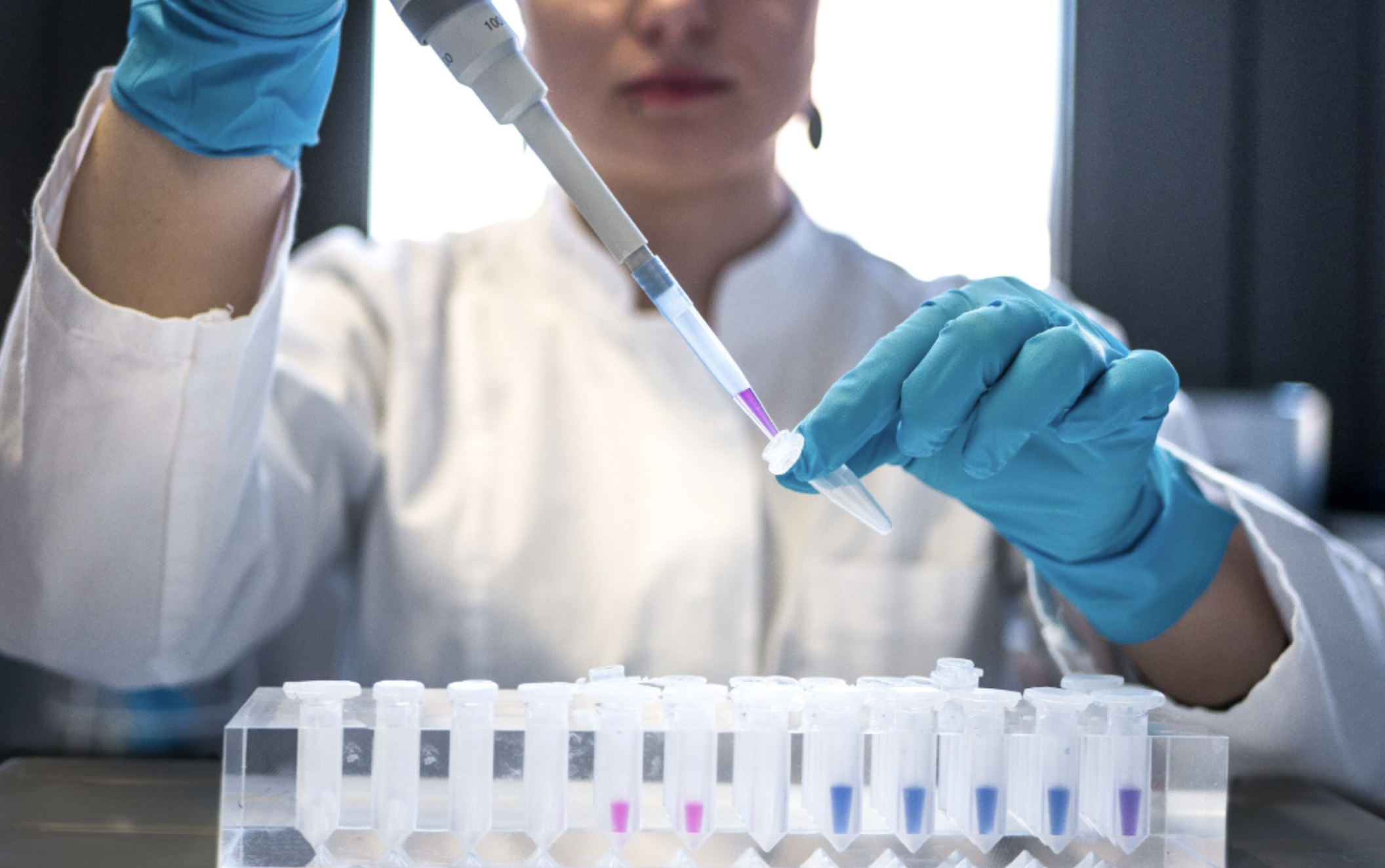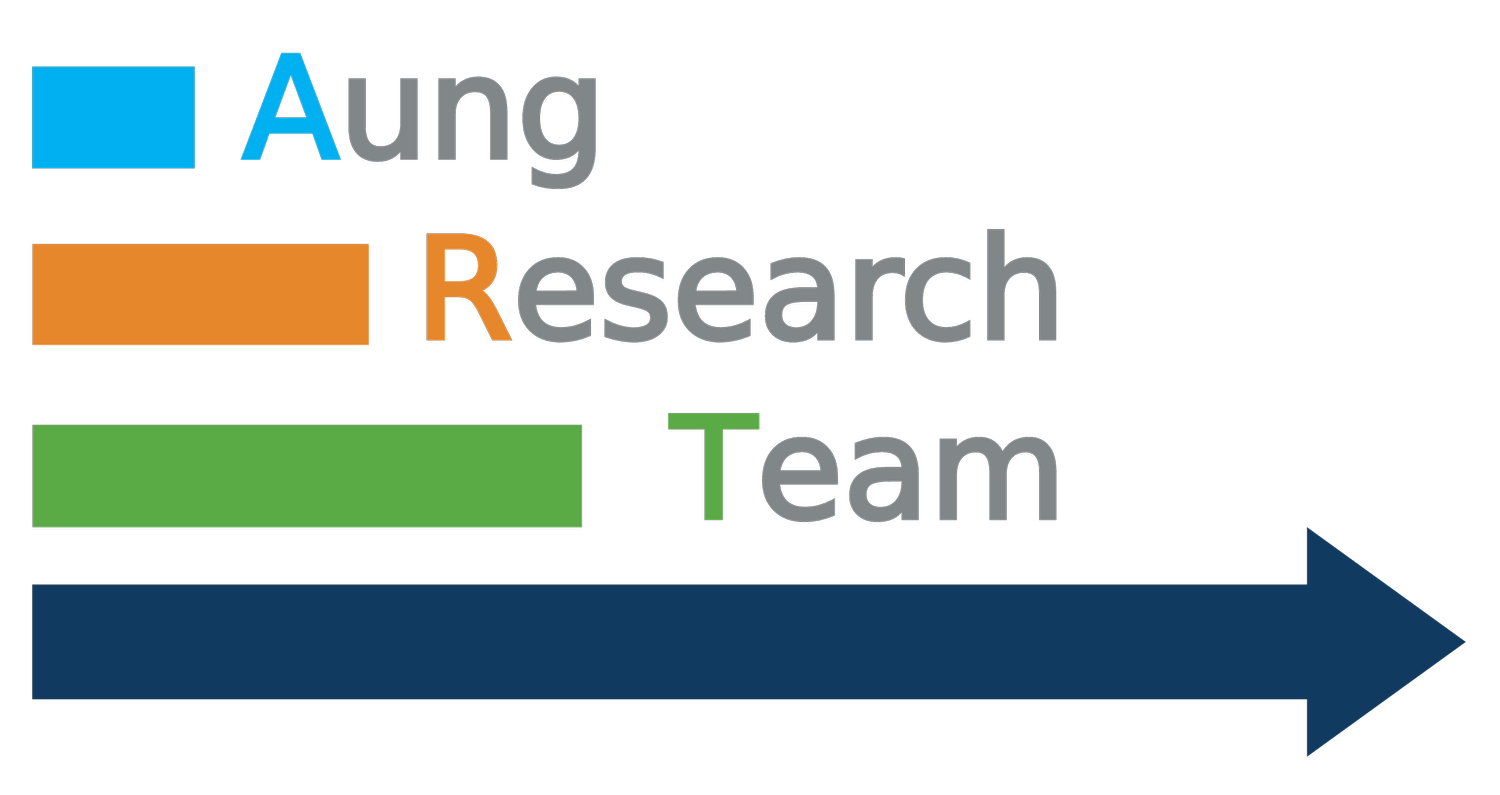Experimental Models of Toxicant Mechanisms
We utilize experimental animal models to advance mechanistic insight of environmental exposures and understand tissue-specific signatures for precision environmental health. Our collaborations with in vitro experiments are also utilized to inform associations observed in epidemiologic cohorts.
Current Projects
Co-funded by Center for Translational Research on Environmental Health & Southern California Environmental Health Sciences Center // Role: Multiple Principal Investigator (MPI)
This project aims to utilize a novel in vivo experimental rat model to assess the effects of PFOS expsoure on new phenotypes of cognitive function and executive behavior. Further, the project will complement these observed phenotypes with postmortem assessment of differential gene expression at three critically important brain regions (hippocampus, medial prefrontal cortex, and nucleus accumbens) to enhance precise transcriptomic signatures of PFOS neurotoxicity. The proposed project will also build a biobank of multiple tissue types (e.g. peripheral blood, liver, kidneys, adipose tissue) to meet the growing complexity of multi-organ system investigation of PFAS in combination with multi-omics data integration across tissue types.
Collaborators (USC): Ruth Wood (MPI), Ana Maretti-Mira, Lucy Golden, Jesse Goodrich, Kelly Street
Elucidating mechanisms of PFAS-induced neurocognitive and behavioral changes in a novel rat model
Research Areas
-

Molecular Epidemiology and Data Science
-

Experimental Models of Toxicant Mechanisms
-

Multi-Sector Science Translation

